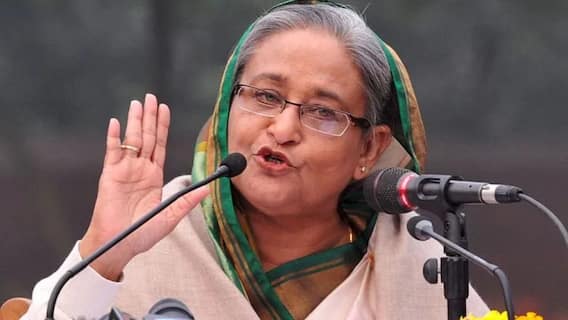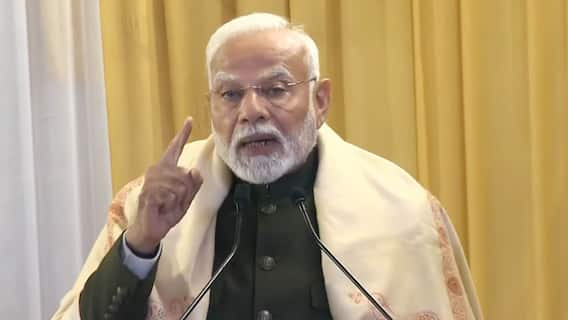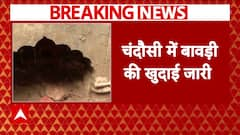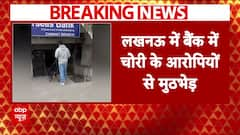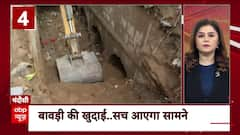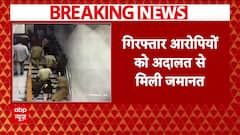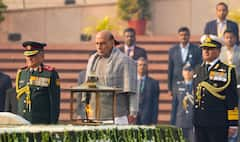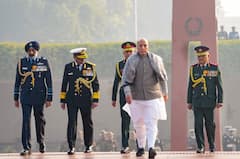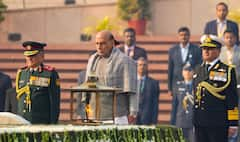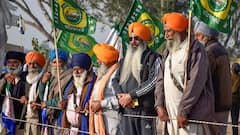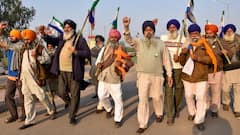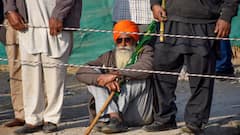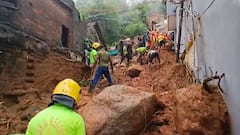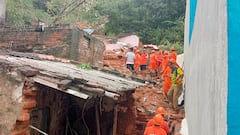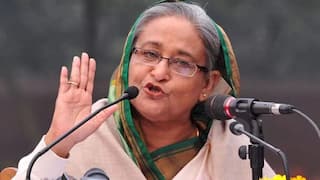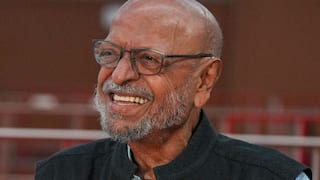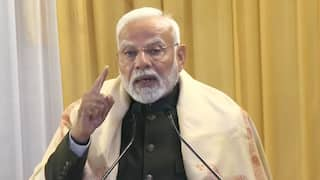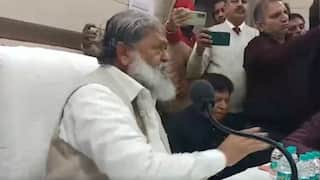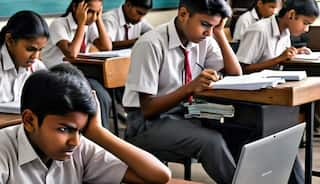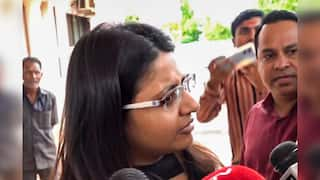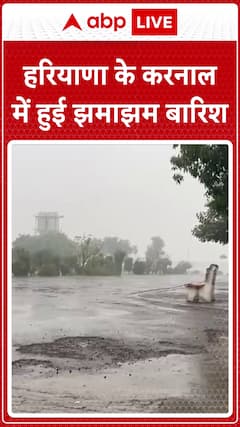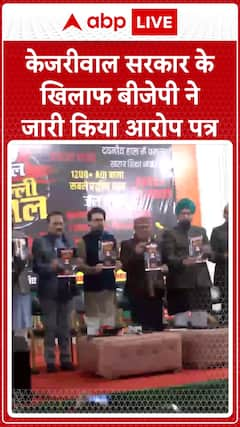Non-Availability Of Legal Terminology In Local Language Becomes A Barrier In Access To Justice: Kiren Rijiju
Union Law Minister Rijiju said that the government is making efforts to collect legal glossaries published in regional languages, digitise them and make them available to the public.

Union Law Minister Kiren Rijiju on Saturday said that language is becoming a barrier to accessing legal justice as legal terminology is not available in regional languages. "In a vast country like India where 65 percent of the total population still lives in rural areas and where the regional and local language is the medium of understanding, language becomes one of the perceived barriers in ensuring universal access to justice of the country when legal material and legal terminology are not available in local language understandable by the common man," said Rijiju.
He also said that the government is making efforts to collect legal glossaries published in regional languages, digitise them and make them available to the public in a searchable format. Addressing the occasion of Constitution Day at the Supreme Court today, Rijiju said that on multiple occasions, Prime Minister Narendra Modi has highlighted the need to encourage local languages in courts to increase the common man's confidence in the judicial system and make them feel connected. "In this context, I am happy to inform that under the aegis of the Law Ministry, the Bar Council of India has constituted Bharatiya Bhasha Samiti, chaired by former Chief Justice of India SA Bobde," the Union Law Minister said.
He said that the committee is listing out words and phrases which are most commonly frequently used in various branches of law. "The committee, as a first step, is listing out words and phrases which are most commonly frequently used in various branches of law for developing a common core vocabulary close to all Indian languages for translating legal material into regional languages," said Rijiju.
"Legislative Department has prepared a glossary of 65,000 legal terms. We plan to digitise and make it available to the public in a searchable format. Efforts will be made to collect legal glossaries published in regional languages, digitise and make them available to the public in the searchable format," said Rijiju.
Rijiju pointed out that the founding fathers placed immense responsibility on the countrymen. "Apt to recall the words of Babasaheb Dr. BR Ambedkar when he cautioned us by saying, let's not forget that this independence has thrown on us great responsibilities, by an independence we have lost the excuse of blaming the British for anything going wrong," he said.
Addressing the occasion of Constitution Day at the Supreme Court, Attorney General of India R. Venkataramani said that there is a need to eradicate some pernicious problems of caste and other social divides. “While tasks are challenging, need to eradicate some pernicious problems of caste and other social divides. Claims to equality are complex and accommodation to be made a call for coordination b/w law, society, and courts without creating new divides: AG R Venkataramani.
The day has been celebrated as Constitution Day since 2015, to commemorate the adoption of the Constitution of India by the Constituent Assembly in 1949, as per an official press release. During the programme, the Prime Minister also launched various initiatives under the e-court project. The Project aims to provide services to litigants, lawyers, and the judiciary through ICT (Information and Communications Technologies) enablement of courts.
The initiatives launched by the Prime Minister today include Virtual Justice Clock, JustIS mobile App 2.0, Digital court, and S3WaaS Websites. "Virtual Justice Clock is an initiative to exhibit vital statistics of the justice delivery system at the Court level giving the details of the cases instituted, cases disposed and pendency of cases on a day/week/month basis at the Court level. The effort is to make the functioning of the courts accountable and transparent by sharing with the public the status of case disposals by the court. The public can access the Virtual Justice Clock of any court establishment on the District Court's website," read a statement.
This App is also made available to High Court and Supreme Court Judges who can now monitor the pendency and disposal of all the States and Districts under their jurisdiction. The digital court is an initiative to make court records available to the judge in digitised form to enable the transition to Paperless Courts.
Addressing the nation on the occasion of Constitution Day, Prime Minister Narendra Modi on Saturday said that 'We the People' in the preamble of the Constitution is a commitment, pledge, and belief that has made India the mother of democracy.
He also honoured the victims of the 26/11 Mumbai attacks, saying: "Today is also the anniversary of the Mumbai Terror Attack. 14 yrs back, when India was celebrating its Constitution and citizens' rights, enemies of humanity carried out the biggest terror attack on India. I pay tribute to those who lost their lives in the attack."
"In today's global situation, the eyes of the entire world are on India. Amid the rapid development of India, its quickly growing economy, and its strengthening global image, the world is looking at us with great expectations," PM Modi emphasised. PM Modi also emphasised that be it individuals or institutions, "our duties are our first priority".
"New opportunities are coming up before India. Crossing all hurdles, it's going ahead. A week from now, India will get the G20 presidency. It's big! As Team India, all of us should enhance India's prestige before the world and bring its contribution before them. It's our collective duty," he added.
(With ANI Inputs)
Trending News
Top Headlines





